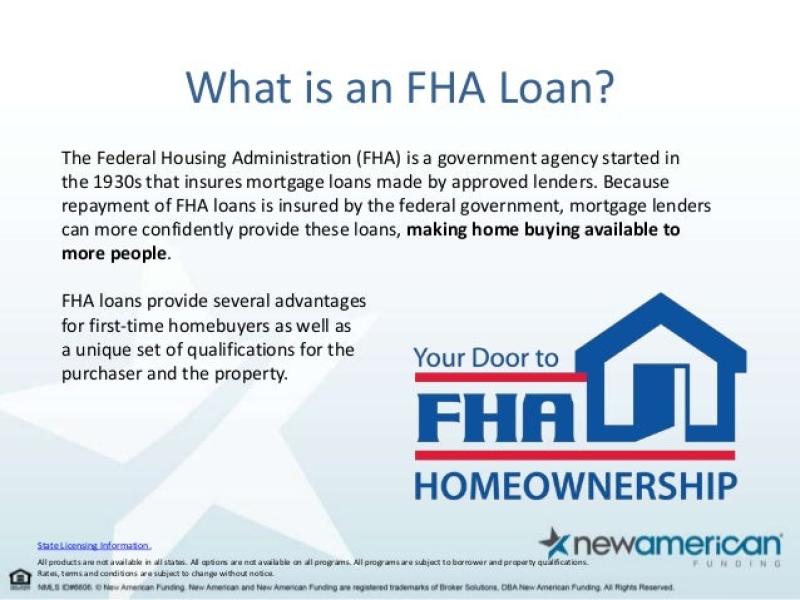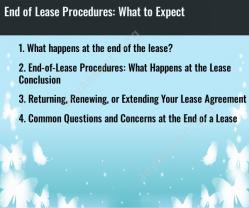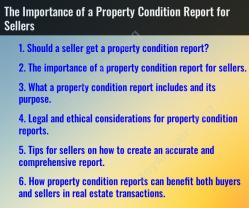Should first-time homebuyers get a FHA or conventional loan?
The decision between an FHA (Federal Housing Administration) loan and a conventional loan for first-time homebuyers depends on various factors, including your financial situation, credit score, down payment amount, and long-term financial goals. Here are some key considerations for each type of loan:
FHA Loan:
Down Payment:
- Advantage: FHA loans typically require a lower down payment compared to conventional loans. The minimum down payment for an FHA loan is usually 3.5%.
- Consideration: While a lower down payment is an advantage, it also means higher monthly mortgage insurance premiums.
Credit Score:
- Advantage: FHA loans are generally more lenient regarding credit score requirements, making them accessible for buyers with lower credit scores.
- Consideration: Lower credit score requirements may result in a higher interest rate.
Debt-to-Income Ratio:
- Advantage: FHA loans may be more forgiving of higher debt-to-income ratios.
- Consideration: Higher debt-to-income ratios might result in a higher interest rate.
Mortgage Insurance:
- Advantage: FHA loans require both upfront and annual mortgage insurance premiums, but they may be easier to qualify for with a lower credit score and smaller down payment.
- Consideration: Mortgage insurance can increase the overall cost of the loan.
Conventional Loan:
Down Payment:
- Advantage: Conventional loans often have more flexibility in terms of down payment options. While 20% is traditional, you can put down as little as 3%.
- Consideration: A larger down payment may result in a lower interest rate and reduced private mortgage insurance (PMI) costs.
Credit Score:
- Advantage: Conventional loans generally offer lower interest rates for buyers with higher credit scores.
- Consideration: Higher credit score requirements may limit accessibility for those with lower credit scores.
Debt-to-Income Ratio:
- Advantage: Conventional loans may be more favorable for buyers with a lower debt-to-income ratio, resulting in lower interest rates.
- Consideration: Stricter debt-to-income ratio requirements may limit eligibility for some buyers.
Mortgage Insurance:
- Advantage: Conventional loans may have lower mortgage insurance costs, especially if you make a larger down payment.
- Consideration: Private mortgage insurance is typically required for down payments less than 20%.
In summary, if you have a smaller down payment and a lower credit score, an FHA loan may be a more accessible option. However, if you have a larger down payment, a higher credit score, and want to potentially save on mortgage insurance costs, a conventional loan could be a better fit. It's crucial to weigh the pros and cons of each loan type, considering your individual financial situation and long-term goals. Consulting with a mortgage professional can provide personalized guidance based on your specific circumstances.
Whether a first-time homebuyer should opt for an FHA or conventional loan depends on their individual circumstances and financial situation. Here is a comparison of the two types of loans:
FHA loans
- Pros:
- Lower down payment requirement (3.5%)
- Lower credit score requirement (580)
- More flexible debt-to-income ratio (DTI) requirements
- Cons:
- Mortgage insurance premium (MIP) required for the life of the loan (unless you put down 20% or more)
- MIP can be expensive, especially in the early years of the loan
- FHA loans have stricter property requirements
Conventional loans
- Pros:
- No MIP required if you put down 20% or more
- Competitive interest rates
- More flexible repayment options
- Cons:
- Higher down payment requirement (typically 20%)
- Higher credit score requirement (typically 620 or higher)
- Stricter DTI requirements
Eligibility criteria
To be eligible for an FHA loan, you must:
- Have a credit score of at least 580
- Have a DTI of no more than 50% (43% if you have a credit score of less than 660)
- Make a down payment of at least 3.5%
To be eligible for a conventional loan, you must:
- Have a credit score of at least 620 (typically)
- Have a DTI of no more than 43%
- Make a down payment of at least 20% (typically)
Which loan is right for you?
If you are a first-time homebuyer with limited savings or a lower credit score, an FHA loan may be a good option for you. However, keep in mind that the MIP can be expensive, especially in the early years of the loan.
If you have a down payment of 20% or more and a good credit score, a conventional loan may be a better option for you. Conventional loans typically have lower interest rates and more flexible repayment options than FHA loans.
It is important to speak with a qualified mortgage lender to discuss your individual needs and financial situation to determine which type of loan is right for you.
Here are some additional things to consider when choosing between an FHA and conventional loan:
- Your financial goals: If you plan to sell your home within a few years, an FHA loan may be a good option for you, as you can avoid paying PMI if you put down 20% or more. However, if you plan to stay in your home for many years, a conventional loan may be a better option for you, as you will eventually be able to cancel PMI.
- Your risk tolerance: FHA loans are generally considered to be less risky than conventional loans, as the government is backing a portion of the loan. However, conventional loans may have lower interest rates and more flexible repayment options.
- Your future plans: If you think you may want to refinance your loan in the future, a conventional loan may be a better option for you, as it is easier to refinance a conventional loan than an FHA loan.
Ultimately, the best way to decide which type of loan is right for you is to speak with a qualified mortgage lender.













